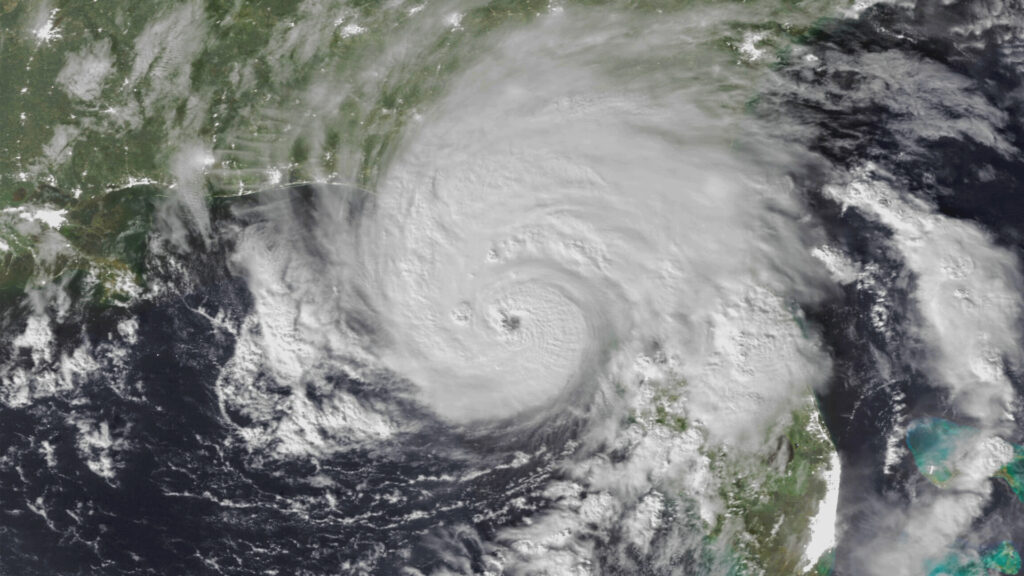A roundup of news items related to climate change and other environmental issues in Florida:
Atlantic hurricane season ends next week, but recovery to take time | CBS News Miami

For a second consecutive hurricane season, Florida took a direct hit from a major storm.
But while the 2023 season will end next week, restoration efforts from Hurricane Idalia will continue for years in rural North Florida, particularly for people in the agriculture industry. State lawmakers are expected to see requests for more money. And further tweaks are needed to state and local storm-recovery planning.
Still, the season could have been much worse for Florida.
A bold plan to pay the resilience bill in the Keys as climate change cash crunch looms | Miami Herald
The climate change bills are mounting in South Florida — and they’re astronomical. There are roads to raise, stormwater pumps to install, homes to elevate and businesses to floodproof, projects with price tags already running well into the billions for coastal communities.
In the Florida Keys — the state’s ground zero for sea rise flooding threats — the estimated cost to raise and strengthen Monroe County roads alone for the coming decades is $1.8 billion.
For a small county with an annual budget of $667 million, getting the work done has so far required relying on “other people’s money,” as county administrator Roman Gastesi puts it. That means state and federal grants.
Lakeland leaders prepare for city’s first solar microgrid community | WFTS
The city of Lakeland is getting ready to welcome its first solar microgrid community.
The new 77-home subdivision, called Myrtlebrook, will be a self-sufficient neighborhood that is completely off the grid.
Lakeland’s City Commission voted Monday to move the project forward.
If you have any news items of note that you think we should include in our next roundup, please email The Invading Sea Editor Nathan Crabbe at ncrabbe@fau.edu. Sign up for The Invading Sea newsletter by visiting here.



